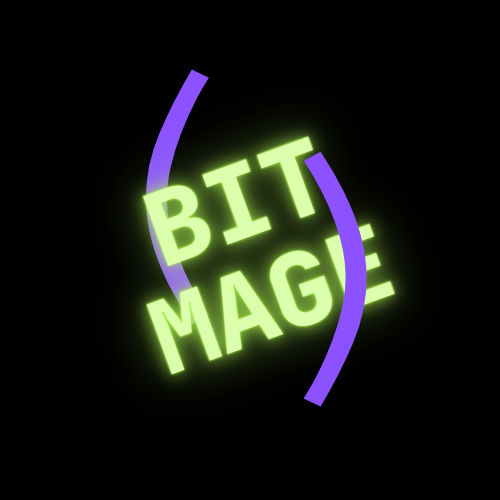Software
Bells & Whistles
I’ve started spending some time per day without the usual modern software engineering tooling (LLMs, the Internet, etc) to explicitly maintain my cyber-deduction skills (in the context of Unix-based systems (BSDs, Linux, yet to explore Plan9), mostly because they power the majority of the global compute infrastructure).
It’s fun: init your journey with a man man (I’m an info info guy myself) and be extremely skeptical of your usual modus operandi, ditching all assumptions and tumbling down the rabbit hole.
I wrote an Emacs Package
Fabric1 is a collection of crowd-sourced prompts, exposed via a CLI tool. I used it for a while some time ago but never fully exploited it because I prefer Emacs.
Eshell buffers are an option, but I am principled in my tool usage and prefer to delegate longer-running CLI tasks to a combination of Alacritty and Tmux.
Maintaining my Emacs shell usage to ephemeral popups feels natural.
Gptel2 is a versatile LLM client that integrates smoothly into my workflow (buffer/text manipulation and management) without disrupting my thought flow.
Campfire Talks
I’ve lately taken to watching Alan Kay talks during my lunches and dinners.
The idea of this being a campfire talk near the end caught me offguard and is something I would like to use in the future.
Adventures in Advanced Symbolic Programming : MIT-OCW - 6.945
I finished my first pass of SICP (structure and interpretation of computer programs) around 3 years ago. Since, I’ve realized the elegantly implicit existence of symbolic algebra in several domains that I personally explore on a regular basis.
That initial infatuation with Lisp ( and consequently symbolic computation ) has simmered and fermented enough in my mind to be realised as a potent generic thinking device. To cement my commitment to the same, I’ll regularly dive deeper into relevant academia so I don’t lose out on the joys of thinking for the sake of itself.
